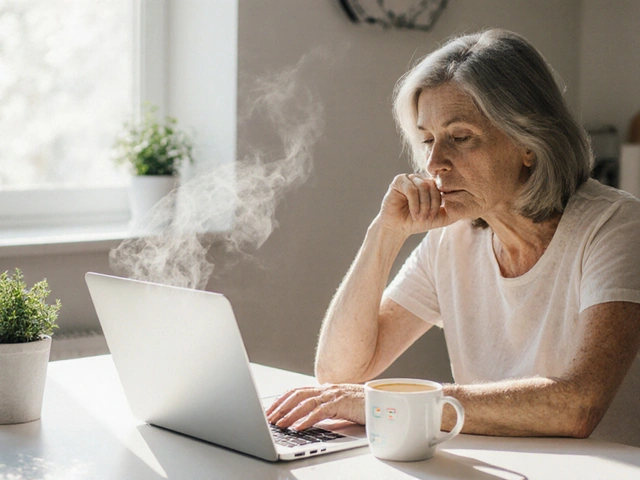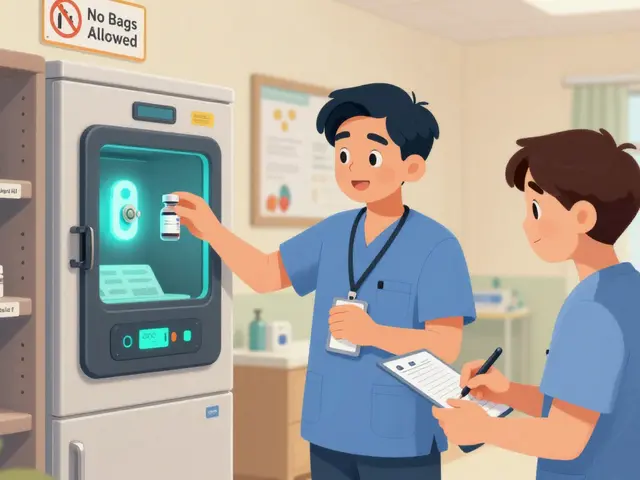
Sleepiness – What It Is and Why It Happens
If you find yourself nodding off at your desk or feeling heavy‑eyed after lunch, you’re experiencing sleepiness. It’s a normal signal that your body needs rest, but too much can mess with work, driving, and mood. Understanding why it shows up helps you stop it before it becomes a problem.
Top Everyday Triggers of Sleepiness
Most people blame lack of sleep, and they’re right—7‑9 hours is the sweet spot for most adults. But other things can pull the rug out from under you:
- Medications. Antidepressants like Zoloft (sertraline) list drowsiness as a side effect. Over‑the‑counter pain relievers such as ibuprofen can also make you feel sluggish, especially if taken on an empty stomach.
- Irregular meals. Skipping breakfast or eating heavy carbs at night spikes blood sugar and then crashes it, leaving you foggy.
- Dehydration. Even mild water loss lowers blood volume, making the brain work harder and prompting sleep signals.
- Screen time. Blue light from phones tricks your brain into thinking it’s still daytime, messing with melatonin production.
- Medical conditions. Sleep apnea, thyroid issues, or anemia can cause chronic fatigue that feels like constant sleepiness.
Notice any of these in your routine? Small changes often make a big difference.
Simple Ways to Fight Daytime Drowsiness
Here are practical moves you can try right now:
- Move every 30 minutes. Stand up, stretch, or walk around the office. Light activity boosts circulation and jolts alertness.
- Grab a glass of water. Hydration improves blood flow to the brain and can wipe out that heavy‑eyed feeling fast.
- Use natural light. Open blinds or step outside for a few minutes. Sunlight tells your internal clock it’s time to be awake.
- Time caffeine wisely. A coffee mid‑morning can lift you, but avoid it after 2 p.m. if it hurts your night sleep.
- Take a power nap. Set an alarm for 10‑20 minutes. This short rest resets alertness without the grogginess of longer naps.
If you’re on medication that lists drowsiness, talk to your doctor about timing doses or possible alternatives. Sometimes moving the dose to bedtime solves the problem.
Lastly, keep a simple sleep diary for a week. Jot down when you go to bed, wake up, eat, and feel sleepy. Patterns will pop out, making it easier to tweak habits.
Feeling less sleepy isn’t about a magic pill; it’s about listening to your body and adjusting everyday choices. Try one or two of these tips today and see how much sharper you feel by evening.
-
13 May







